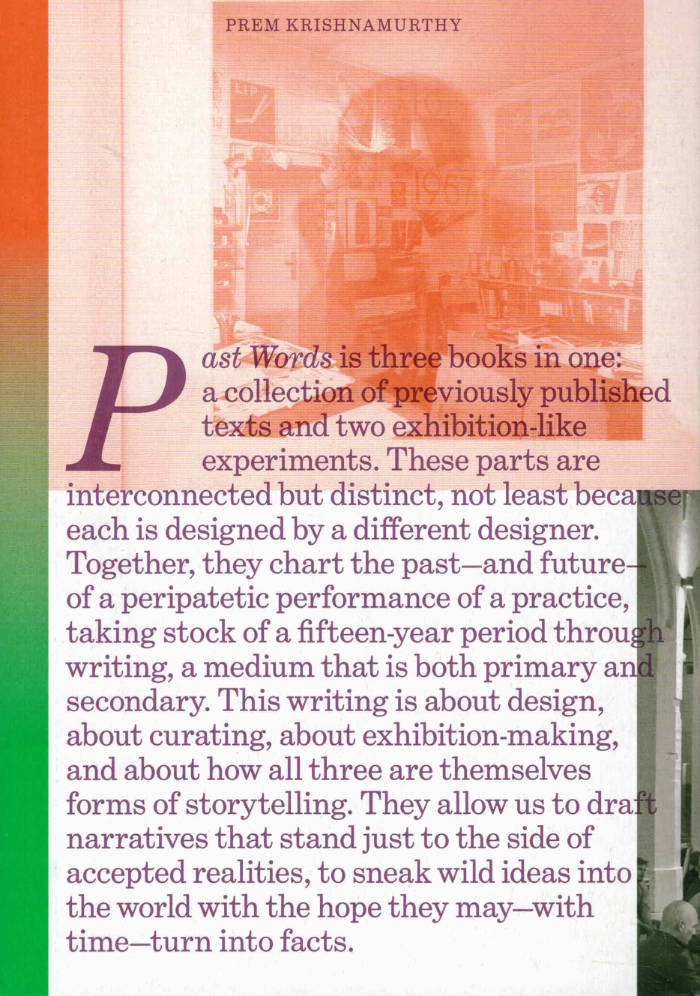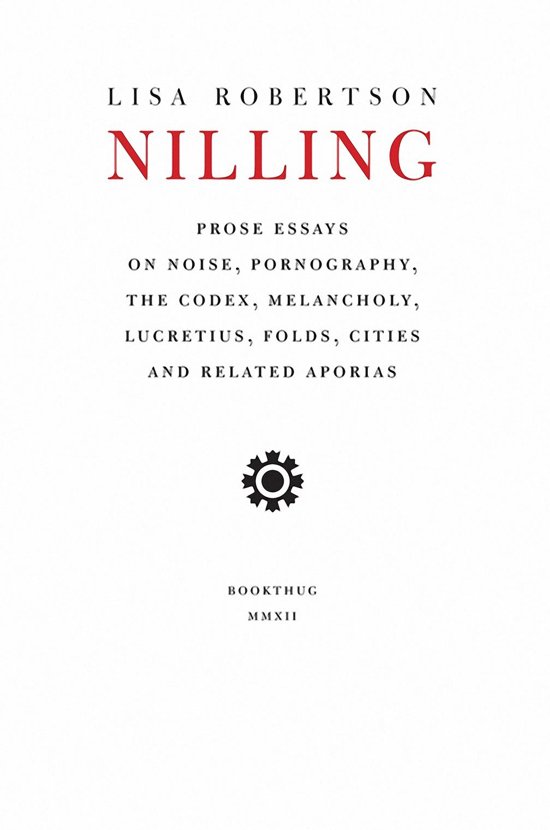
On Letters
On Letters is an epistolary essay, structured as thirteen wide-ranging and personal letters to the late conceptual artist On Kawara. Playing with language and its limits, the letters focus first on the artist’s five decade long body of “Date Paintings” and their relationship to typography. Yet from this starting point, the writing swerves to encompass topics such as the creative process, mindfulness, numbering systems, race, narrative structures, and more. On Letters is a unique glimpse into one artist’s inner dialogue and an exploration of how the solitary practice of artmaking can spark other transformations in the world.
"No one is better placed to reflect on On Kawara’s perfect marriage of typography and ontology than Prem Krishnamurthy. An intellectual triumph and a true labour of love." —Tom McCarthy
Prem Krishnamurthy (b. 1977) is a designer, author, and educator. He directs Wkshps, a multidisciplinary design consultancy and organizes Department of Transformation, an emergent, itinerant workshop that practices collaborative tools for social change. He has directed and curated large-scale exhibitions including Oh, Gods of Dust and Rainbows, the 2022 edition of FRONT International: Cleveland Triennial for Contemporary Art; Our Silver City, 2094 at Nottingham Contemporary; and Ministry of Graphic Design in Sharjah, UAE.





